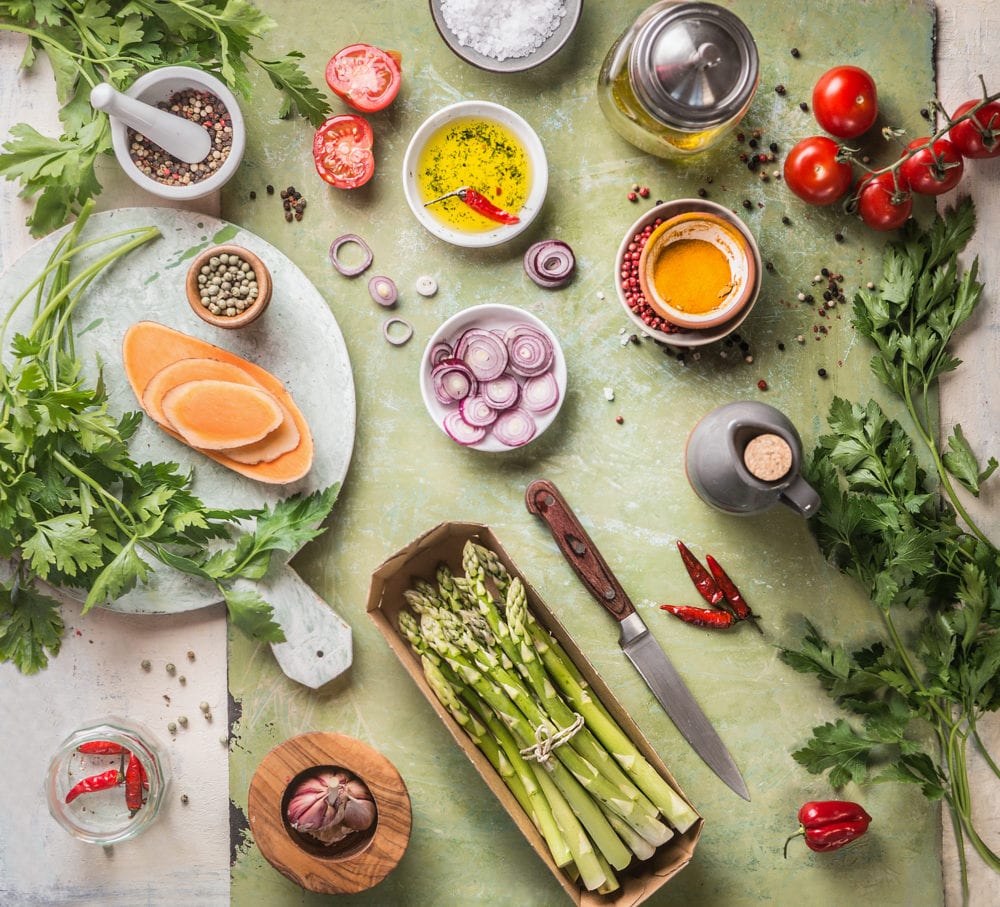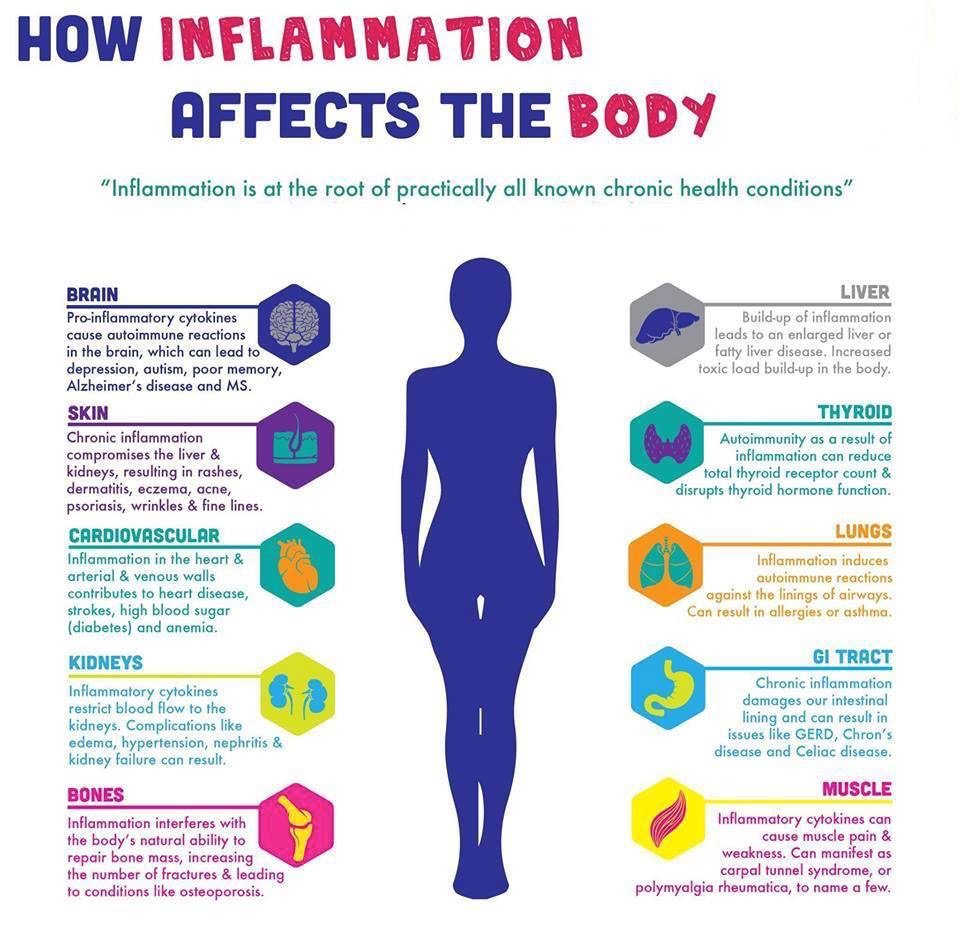What is inflammation actually doing to my body?
Inflammation is the body’s natural way to respond to stressors. But what can we do to fight inflammation and keep it under control?
Inflammation is our body’s response to outside threats, foreign bodies and stress, as well as other dangers.
“In a healthy situation, inflammation serves as a good friend to our body,” says Mansour Mohamadzadeh, PhD, director of the Center for Inflammation and Mucosal Immunology at the University of Florida.
“But if immune cells start to overreact, that inflammation can be totally directed against us.”
This chronic type of inflammation is where things start to get serious.
Ongoing and untreated inflammation can be caused by a virus, bacterial infections or autoimmune disorders. Inflammation can also be brought on or exacerbated by constant stress, anxiety or poor diet.
Whilst inflammation is integral to how our bodies work through issues to survive when inflammation manifests itself in allergies, rheumatoid arthritis, autoimmune disease and asthma, it means that levels of inflammation are beginning to run out of control.
What many don’t realise is that inflammation, if left unchecked, can be the root of most chronic illnesses – conditions like heart disease, obesity, diabetes, dementia and depression, just to name a few.
Neurologist, David Perlmutter, author of The Power of Gut Microbes to Heal and Protect Your Brain – for Life, also explains how our gut bacteria not only affects our gut health, but its influence extends into the brain – and the entire body.
“Depression is now considered an inflammatory disorder. We now understand that inflammatory markers, markers of inflammation that we see in heart disease, also seem to be elevated in the depressed patient. So the question would be then if depression is an inflammatory disorder, where does this inflammation come from?” says Perlmutter.
How to heal inflammation in the body
The answer, it seems, is the gut. Interestingly, widely prescribed anti-depressant medications are anti-inflammatory, and according to Perlmutter “that may well be that, that’s how they work”. Recent studies have looked at factors common in depressed patients including dietary issues and gut permeability and the microbiome – the very bacteria that live within the gut – as possibly having a causal role in the inflammation that underlies depression.
“We have two ways of absorbing nutrients from the gut into the systemic circulation. Through the cell, which is called transcellular, and between the gut lining cells, which are called paracellular,” Perlmutter says. “The gut lining cells are kept tightly together by what’s called the tight junction. But we now understand that a variety of factors, like stress, infection, drugs, toxins, gliadin and even AGEs, which are proteins bound by sugar, can ultimately lead to the destruction of that tight junction. And that leads to separation of these cells and that makes the gut leaky. We then have the ability for various proteins to gain entrance into the systemic circulation and when they do so, they stimulate various immune system cells and that leads to inflammation.”
So how can we begin to heal our gut and fight inflammation?





